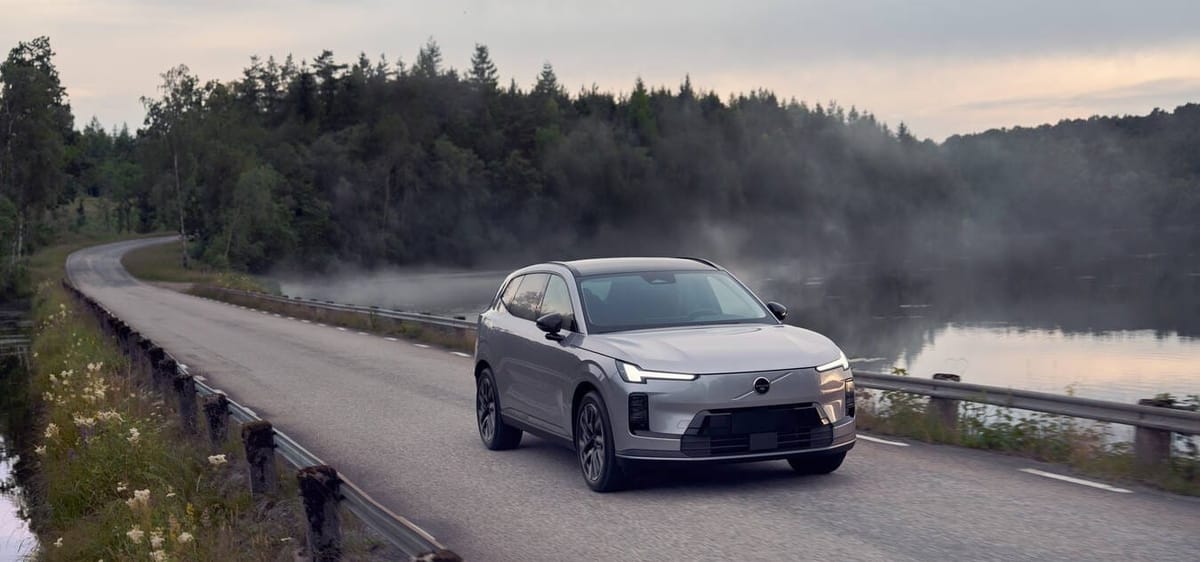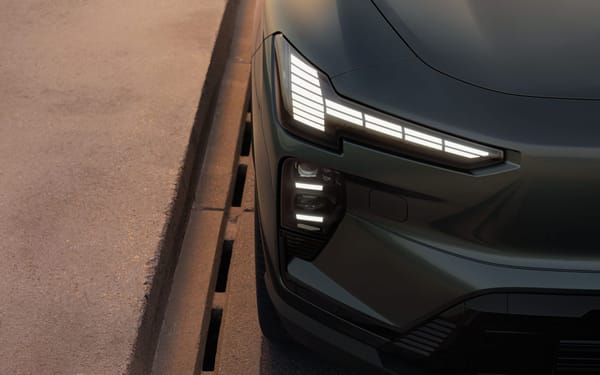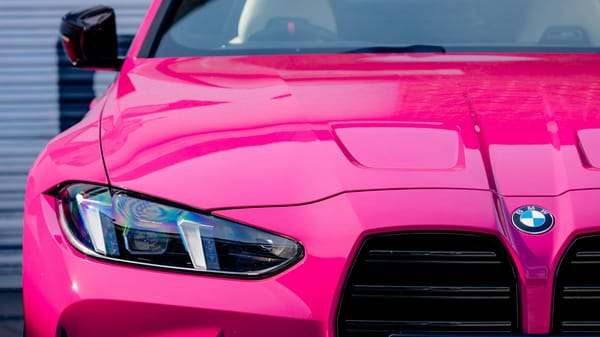Why does the 'long range PHEV' exist anyway?
The Long Range PHEV is being marketed as the best of both worlds, but it's the opposite.

Last week Volvo presented the new XC70, a 'Long Range PHEV' with around 200 km of fully electric range and a grand total of 1.200 km range when the 1.5 liter combustion engine is taken into account. While those CLTC-numbers are impressive and higher than what they will be in WLTP-countries, they do not make sense to me at all.
While I do like to drive 1.200 km on a tank of petrol and a fully charged battery pack, I'm probably never going to do so. Yes, it means I don't need to go fuel up as much or hook the car up to a charger, but those things are very trivial to me. Charging is easy and no where near as scary as some people make it out to be, and pumping petrol is just plain expensive, and therefore I don't like it.
To me, the Volvo XC70 and all other 'Long Range PHEV's' are just intermediary cars which offer just one solution to a non-existent problem and only make sense to one demographic: people that are scared to go fully electric and want the safety of being able to drive on dinosaur juice. In other words, this kinds of PHEV's make sense on paper, but are outside the realm of making any kind of sense for day to day use of cars.
Don't get me wrong, I'd like to drive 200 km on a single charge, but I wouldn't like to do that with the added weight of a combustion engine and a full tank of petrol. If you'd exchange that weight for batteries, I'd probably get double the range and added efficiency and faster charging, which I'd probably not need, because charging happens at work, at home or at any location I'm at which has a regular charger.
The other thing is also true. I'd like to be able to drive 1.000 km on a full tank of petrol, but I could go way further if the battery and the electric motor weren't there to weigh me down. I'd opt for a smaller mild-hybrid system to optimize my fuel consumption to go even further on that tank of petrol. And as an added bonus, I wouldn't even have to charge anywhere, or pay a lot of money to use dead dinosaurs to charge the battery.
That said, I'm probably part of the target audience for a Volvo like this. The range suits me perfectly since I drive from The Netherlands to Sweden multiple times a year. A trip of around 1.600 km up north and the same back down. It would be very cheap for me to do that in the XC90, since it would cut down the amount of fuel used in half (I drive an old BMW X1).
But still, I'd rather go for a fast charging EV with a long range like Lucid has on offer, or go with a regular petrol (mild-hybrid).
One other thing I see happening in the future: cars like these will crater in residual value. When we've finally adopted the EV (either in BEV and/or in hydrogen), the Long Range Hybrid will make even less sense. Charging will be so common and cheap, the Hybrid will be able to do so everywhere. Which makes the combustion engine nothing more than a heavy money pit that won't be used anymore.
In other words: the Long Range PHEV is being marketed as the best of both worlds, but I see it as the opposite.
But I guess these kinds of cars will do great in the near future. Especially since people are still scared of charging. And that makes sense, because we get bombarded with horror stories of broken chargers (does seem to happen quite a lot to me too), providers that aren't very clear about charging fees and the fact you still can't aren't able to pay with your bank card at a charger. All easily fixable, but very irritating hassles.
For now, the Chinese see this gap in the market and are quickly building these Long Range PHEV's to respond to the market demand that is very real and very much there for a couple of years to come. Geely, for example, is betting heavily on the platform with not only the Volvo XC70, but also the Lynk & Co 08 and the Zeekr 9X.
For now, I'm more hyped about the new XC60, which I'll be driving a couple of days in Sweden this month, than the XC70. I do still hope the 70 will come as a full EV with the fantastic wool interior option. I'd definitely would desire one of those.
In other news:
Talking about Chinese manufacturers: BYD didn't do so great at the last quarterly earnings. The car brand reported a drop of around a third in earnings since the last quarter. Even if investors didn't see it coming, which they didn't, the drop makes perfect sense and doesn't really signal trouble at the company itself. BYD had to change its payments to suppliers due to regulatory changes, which had an impact on finances as did the relative cooling of the price wars on the local EV-market. BYD is increasingly steering away from that local market in favor of the rest of world, where it's expecting to see a massive surge in demand in the next few years.
You know that time I tried to explain the fact that Chinese EV's won't be as cheap in our markets as they are in China? It seems Rivian CEO RJ Scaringe has also come to see the light. In the Plugged In Podcast he explained exactly the same damned thing: Chinese EV's won't be dirt cheap when you will be able to buy them. Please listen to him, not me. He definitely knows better.
It seems like Kia is planning something very special. And by special I mean something you wouldn't necessarily expect from a brand like this. According to Autoblog the Koreans are developing a fully electric halo car. In this case that won't be a sports car or an SUV, but a Grand Tourer called the -hold on to your chair- the GT1. If we're to believe the imaging, it could even be a Shooting Brake of sorts with a 113.2 kWh battery pack and more than 600 hp.





